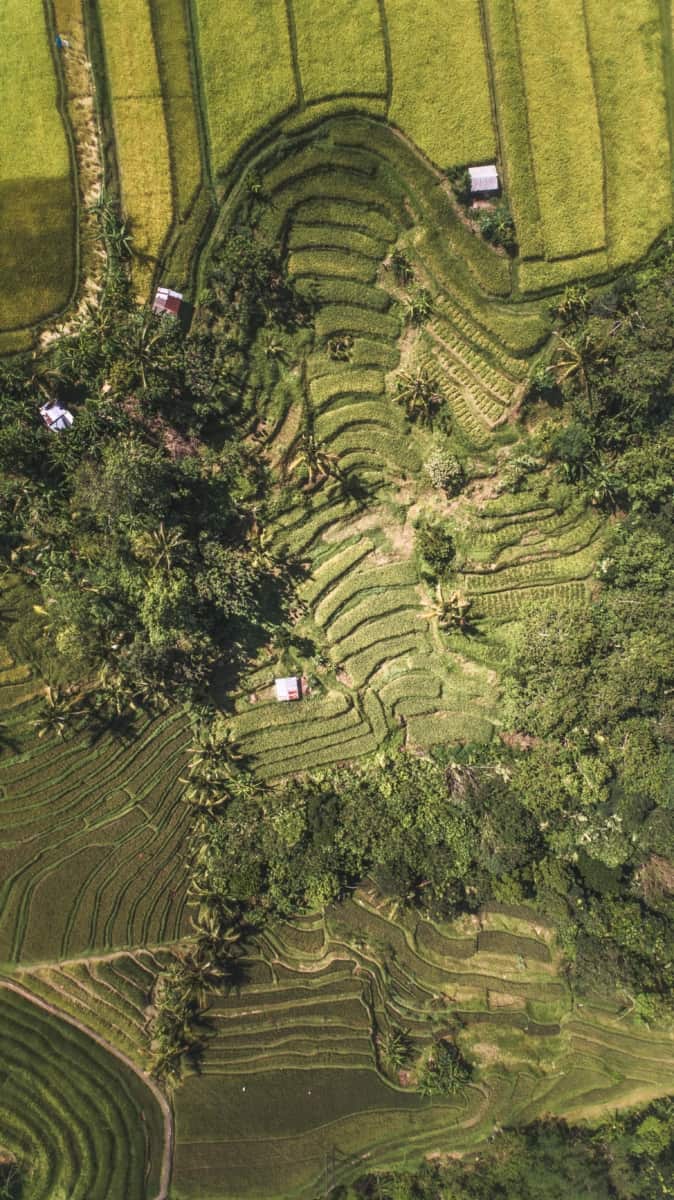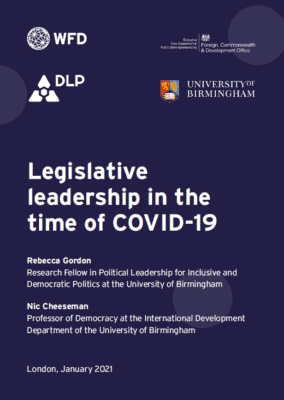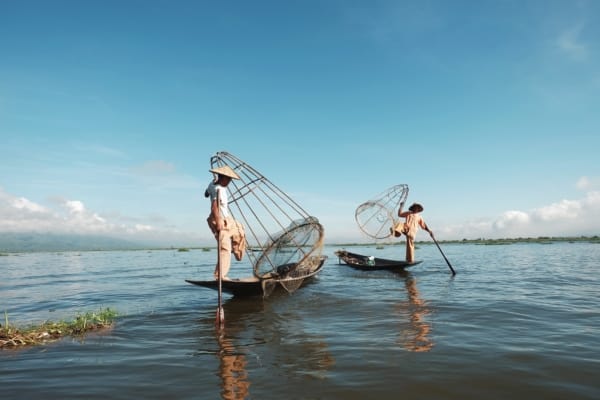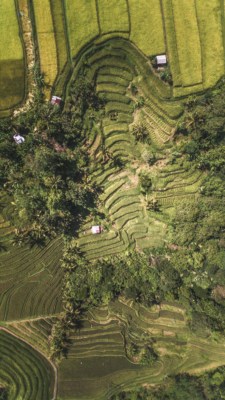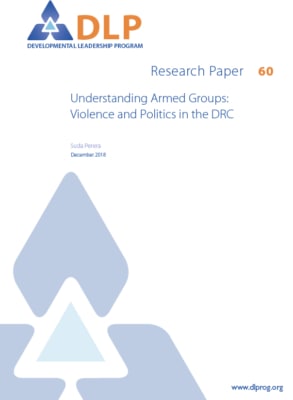If we know that leadership is important to developmental change, but programs to support it are not clear about what leadership is or how supporting it contributes to achieving change, then they may be missing important opportunities or simply be taking the wrong approach.
Development agencies have important resources at their disposal that can be used to support developmental leadership – although the impact of such support varies considerably. All too often the support from development organisations does not match what we know about how developmental leaders emerge and how collective action takes place. Moreover, development organisations are often not set up to provide support in ways that are most effective. At the same time, there is much to be learnt from existing programs that have successfully supported developmental leadership. As a framing paper for a pillar of research under DLP three this paper aims to capture what is known, and what the gaps in our knowledge are, in relation to this issue.
Drawing from the literature, we explore the generic attributes or features of programs that seek to support developmental leadership, the features of particularly successful examples of such programs, as well as some of the systemic challenges agencies and the sector more broadly face in working in these ways. From this we set out a range of potential research avenues to guide this area of research under DLP 3. These include exploring:
- how individual and collective leadership support might be combined more strategically;
- how programming might focus on shifts in the wider enabling environment in order to support the emergence of developmental leadership;
- what mix of support might be required to augment the multiple resources that leaders can develop and strategically deploy in different contexts, and for different groups or issues;
- to explore how leadership support might need to differ when supporting prototypical, as opposed to typical, leaders;
- what leadership support can learn from the political leadership of women’s organisation, coalitions and Disabled People’s Organisations as well as intersectional initiatives, particularly regarding non-elite leadership pathways, and how multi-level, cross-sectoral leadership functions and is best supported.
- an extension of the Gender and Politics in practice research to explore how successful programs have navigated and adapted business practices, HR policies, contract management and MEL processes to effectively support programs seeking to promote developmental leadership.
- the strategy and practice of leadership in development agencies, and the degree to which this enhances their effectiveness to support developmental leadership.
It is suggested that this long list can be used to a) initiate further discussion with DFAT about potential areas of focus, and b) as a ‘menu’ for potential case studies which emerge under the other research questions to select from.
Finally, we suggest that there are a number of disciplinary lenses that might be usefully considered in this area: new and feminist institutionalism; elements of management/ organisational theory such as contingency theory, and complexity thinking.

